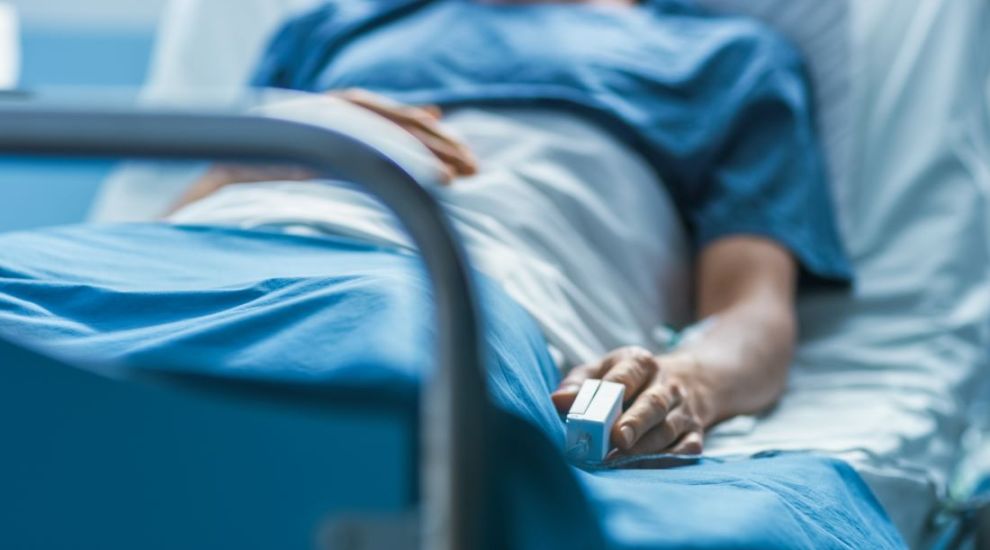


Health is investigating after a sudden spike in the most serious kind of pressure sores among patients in hospital.
Chief Nurse Jessie Marshall said that the department had gone from seeing no deep tissue injuries at all to seeing seven in a single month.
“We aim not to have any pressure injuries in care but deep tissue injury is the most serious," she said.
“We have seen seven and we need to look at the case of those seven. They’re not in one ward, they’re actually across several wards, but there may be a common theme that we need to look at and investigate.”
A report to the HCS Advisory Board in April confirmed that the department had seen a rise in deep tissue injury and this is “currently under investigation”.
Underlying causes were being explored to prevent more harm, the report added.
Pressure ulcers, which are also known as 'pressure sores' or 'bed sores' are an injury related to pressure, which can affect anyone but are more likely when a patient has reduced levels of mobility or medical conditions that affect their blood supply or make their skin more fragile, among other factors.
In deep tissue injuries, the injury happens beneath the skin surface.
Pressure ulcers have been a topic of concern for Health for some time. An 'Island-wide Pressure Ulcer Prevention and Management Framework' was due to be finalised at the end of last year, with a launch expected by the end of March 2024.
Express has asked the government for a status update on the framework but has not received a response.
In November, a report to the Health and Community Services Advisory Board revealed that there has been an increase in the numbers of pressure damage acquired in care from 1.32 per 1,000 bed days in August, to 2.95 per 1,000 bed days in September – equating to 22 instances of pressure damage.
There was also an increase in 'category 2' pressure damage incidents – which are categorised by an open wound – from 1.16 per 1,000 bed days in August, to 2.46 per 1,000 bed days in September.
The issue wasn't specific to a single ward, the report noted. As such, all wards have therefore been provided with "additional mattress pumps and pressure relieving cushions to support delivery of patient care", it said.
"The tissue viability team continue to provide regular training and education to staff, patients and relatives," it added.
"There has been an increase in the number of pressure relieving devices provided to the wards in the past month to support the management of pressure area care."
In December, two deep tissue injuries were reported. The reports added that these were being investigated and that there was “a focus on staff and patient education and training in the management and prevention of pressure damage”.
Comments
Comments on this story express the views of the commentator only, not Bailiwick Publishing. We are unable to guarantee the accuracy of any of those comments.